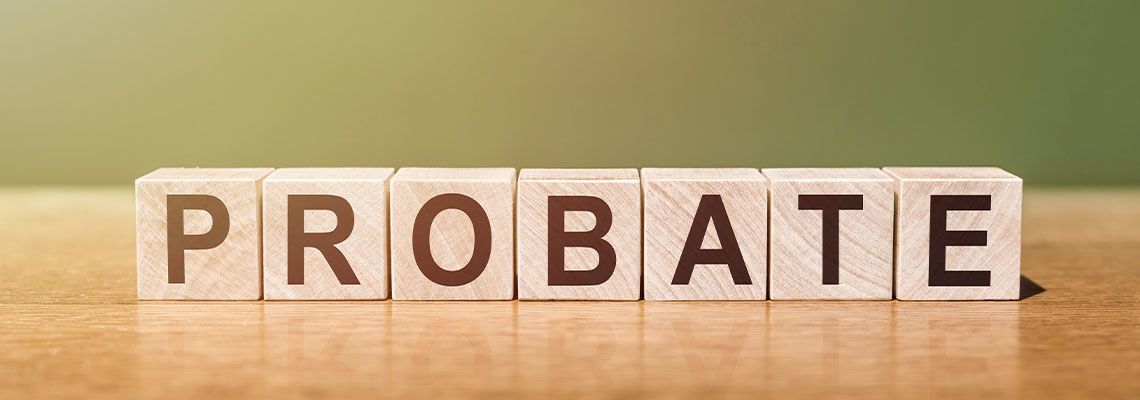When it comes to estate planning, trusts are often one of the most powerful tools you can use to protect assets, control distribution, and minimize the burden on your beneficiaries. However, there are different types of trusts available, each serving a specific purpose depending on your goals and situation.
Blog
How to Create an Effective Estate Plan
Estate planning is an essential process that helps make sure your assets and wishes are protected and honored after you pass away. While many people associate estate planning with large estates or wealthy individuals, it’s crucial for everyone, regardless of the size of their estate, to have a well-thought-out plan.
How Does Estate Planning Work for Blended Families?
As an attorney at Russell Manning Law PLLC in Corpus Christi, Texas, I understand that estate planning can be particularly challenging for blended families. Handling the intricacies of family dynamics, asset distribution, and inheritance rights requires careful consideration and a tailored approach.
The Importance of Updating Your Will After Major Life Events
Creating a will can feel like a huge responsibility, because that’s what it is. If you have one, it shows that you care about the loved ones you will leave behind.
Understanding the Role of a Guardian for Minor Children in Texas
As a probate attorney, I often encounter clients who are concerned about the future care of their minor children. One of the most crucial decisions you can make as a parent is appointing a guardian to care for your children in the event of your passing.
What Happens to Debt After Someone Dies in Texas?
As a probate attorney with a firm in Texas, I often encounter clients who are unsure about what happens to debt after someone passes away. It’s a common concern and understandably so. The idea of leaving behind debt can be stressful for families, but it’s important to know the facts and understand the process.
FAQs About the Texas Probate Process
The probate process in Texas can seem daunting, especially when dealing with the emotional turmoil of losing a loved one. However, with the right guidance, estate planners, family heirs, and legal advice seekers can move forward with confidence.
What Happens With a Reverse Mortgage After Death?
Reverse mortgages are a financial product that many homeowners consider as they age, providing an opportunity to tap into their home equity without having to sell or move out.
The Benefits of Hiring a Probate Attorney
Losing a loved one is an inherently challenging time for families. Amidst the emotional turmoil, the responsibility of handling the deceased’s estate can add an overwhelming burden. If your loved one has just passed away, you may not think you need a probate attorney.
What Happens If You Don’t File Probate?
Probate is the legal process that happens after a person passes away. It is designed to verify the deceased person's will, identify and tally their assets, settle any debts or taxes owed, and distribute the remaining assets to the beneficiaries.









